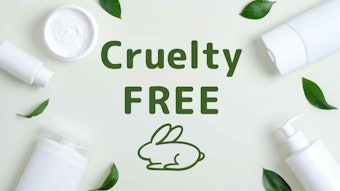Researchers at the University of Liverpool have developed a test method alternative to the Draize test for mascara eye irritation using protozoa rather than animals. In addition to the new method not using rabbits, it was found to be cheaper and more reliable.
The research, which was senior project by aspiring cosmetic chemist Hayley Thomason, was published in the International Journal of Cosmetic Science in the article "Developing a quick and inexpensive in vitro (non-animal) bioassay for mascara irritation."
The scientists from the university’s Institute of Integrative Biology were able to examine potential toxicity caused by mascara, based on the growth of the protozoa when placed in experimental chambers containing the cosmetic. Six different brands of mascara were tested, by painting it on small glass plates and placing these in the chambers. The protozoa and their food were then added.
The protozoa–Paramecium caudatum, or the slipper ciliate, and Blepharisma japonicum, or the eyelash ciliate–were chosen carefully because of their large size, their historic use as model organisms, and their genetic similarities to humans. Their large size enabled the scientists to visually measure population growth using a microscope, and they were able to show that this varied according to the brand of mascara and the amount in the chamber. There was a substantial difference between brands, with some killing the protozoa and others not harming them at all.
“This test has great potential for reducing the use of rabbits as it is both cheap and reliable, and while the protozoa have a similar metabolism to animal,s they are not classed as such. Indeed, the traditional test used on rabbits–the Draize test–was developed more than 40 years ago and is both time consuming and expensive, as well as giving rise to ethical issues,” noted David Montagnes, PhD, supervisor of he project.
Montagnes added, “When you can develop a simpler and cheaper alternative, there is really no need to test cosmetics on animals.”
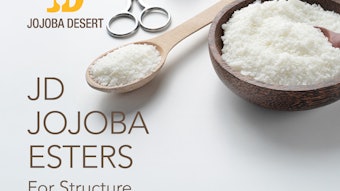
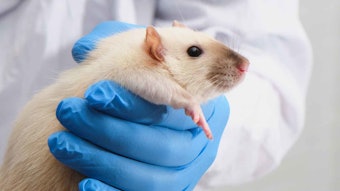
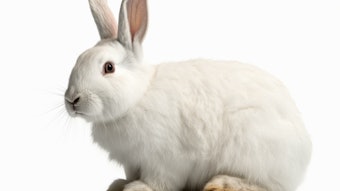
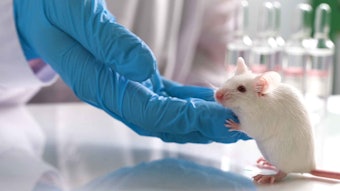
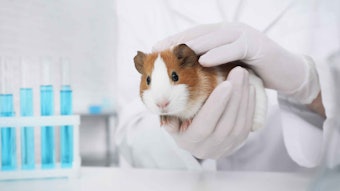

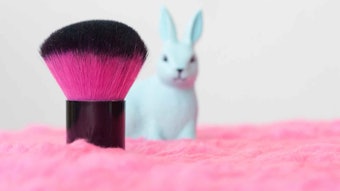
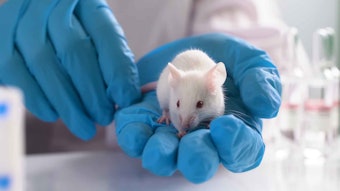
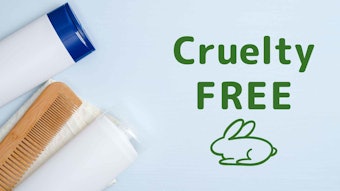
![A 2019 petition to the House of Commons stated, 'We, the undersigned residents of Canada, draw the attention of the House of Commons ... [that] animal testing is unnecessary to prove the safety of cosmetic products.'](https://img.cosmeticsandtoiletries.com/files/base/allured/all/image/2023/01/animal_testing_ban_canada_dreamstime_m_215632720.63d313232306d.png?auto=format%2Ccompress&fit=crop&h=191&q=70&rect=0%2C73%2C1800%2C1013&w=340)
